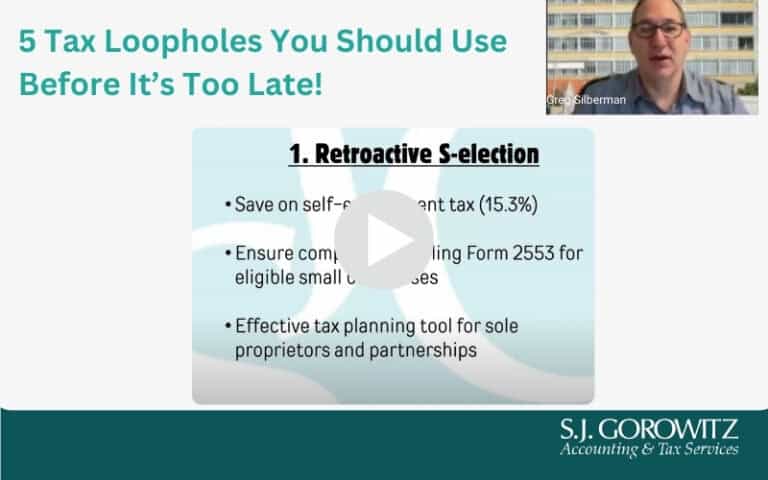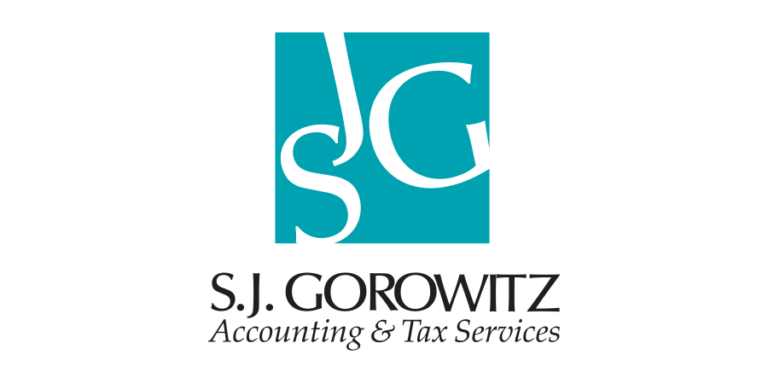
All businesses, whether large or small, produce an array of records. Maintaining and retaining these records is more than a matter of keeping items in case they are needed for reference or if a business is audited in the future.
Knowing how long to keep accounting and financial records for your business can quickly get complex and confusing. Certain types of records need to be retained for three years, others for seven years, and still others permanently. Some rules governing document retention, such as employee records, fall under federal guidelines, and others have industry specific standards and laws governing document retention.
The General Rule:
Most lawyers and accountants recommend keeping supporting tax documents for at least seven years. As a rule of thumb, seven years is sufficient time for defending tax audits, lawsuits and potential claims based upon the “statute of limitations”.
The “statute of limitations” that apply to income tax returns is the amount of time during which you can amend your tax return to claim a credit or refund or the IRS can assess additional tax after the return was filed.
More Specific Rules of Thumb by Category Include:
Income Tax Records
Well-organized records make it easier to prepare a tax return and help provide important information if your return is selected for examination or to prepare a response if you receive an IRS notice.
Tax Records are required to be retained for a minimum of five years from the date of filing or due date of the returns whichever is later. However, retention for certain tax records can be extended. While some business experts recommend that business owners maintain their tax records permanently, we recommend using the seven-year rule of thumb for maintenance of all tax records.
This includes income tax returns and supporting accounting documentation.
IRS Publication 583 “Starting a Business and Keeping Records” provides detailed information regarding recordkeeping requirements.
Corporate Records
Small businesses that have a corporate structure also need to retain certain corporate legal records. All information about annual reports, stock ownership and transfers, and business licenses and permits should be retained permanently. Other information regarding corporation members and minutes from meetings should be retained for at least five years. When in doubt, consult with your attorney for guidance.
Employee Records
Employee record retention is one of the most confusing elements of business document retention because the required records that need to be maintained as well as the retention period depends on the records as well as the size of the business and number of employees a business has. It is further governed by federal, state and locality as well as industry specific requirements that are further regulated. If a business does not have an internal human resources department to manage and maintain records accordingly, employing an outsourced HR Consultant to establish rules and procedures for document retention is advisable to ensure a business is in compliance with retention requirements.
Insurance And Legal Records
Worker’s compensation reports and accident reports should be retained for at least ten years. While other policy information should be retained for only three years after the termination of the policy. The majority of legal documents, including documents relating to accident reports that could create lawsuits in the future, should be held for at least six years. Business experts advise, however, that small businesses maintain all legal documentation, such as claims and breach of contract actions, permanently.
Accounting Records
As a rule of thumb, keep all bank statements, receipts, account activity and any general records of business accounting for at least seven years. Additionally, financial records such as bank statements, credit card statements, accounts payable ledgers and invoices, check registers and cancelled checks, accounts receivable invoices and ledgers and general ledgers will also need to be retained for seven years. In addition to payroll tax returns, payroll liability reports, payroll checks, earnings register, expense reports and labor cost records such as timesheets will need to be kept between as well.
Real Estate
Keep records related to real estate and property improvements until the statute of limitations expires for the year in which you dispose of the property. These records are important to support depreciation, amortization or depletion deductions, and allow you to figure the gain or loss when you sell or otherwise dispose of the property.
If you received property in a tax deferred exchange, you must keep the records on the old property and on the new property until the statute of limitations expires for the year in which you dispose of the new property.
Internal Company Policy
All businesses should maintain a company document destruction policy and assure all employees adhere to the procedures for document retention, maintenance and destruction of both electronic and hard copy records.
Remember, good financial records lay the foundation for mapping business progress, preparing statements, identifying key income sources, tracking deductible expenses, keeping track of property, preparing your tax returns, and supporting the items you report on tax returns. Better planning now will lead to rewards later.
The S.J. Gorowitz Accounting & Tax Services team is here to help you with any questions you have with record retention requirements.
























